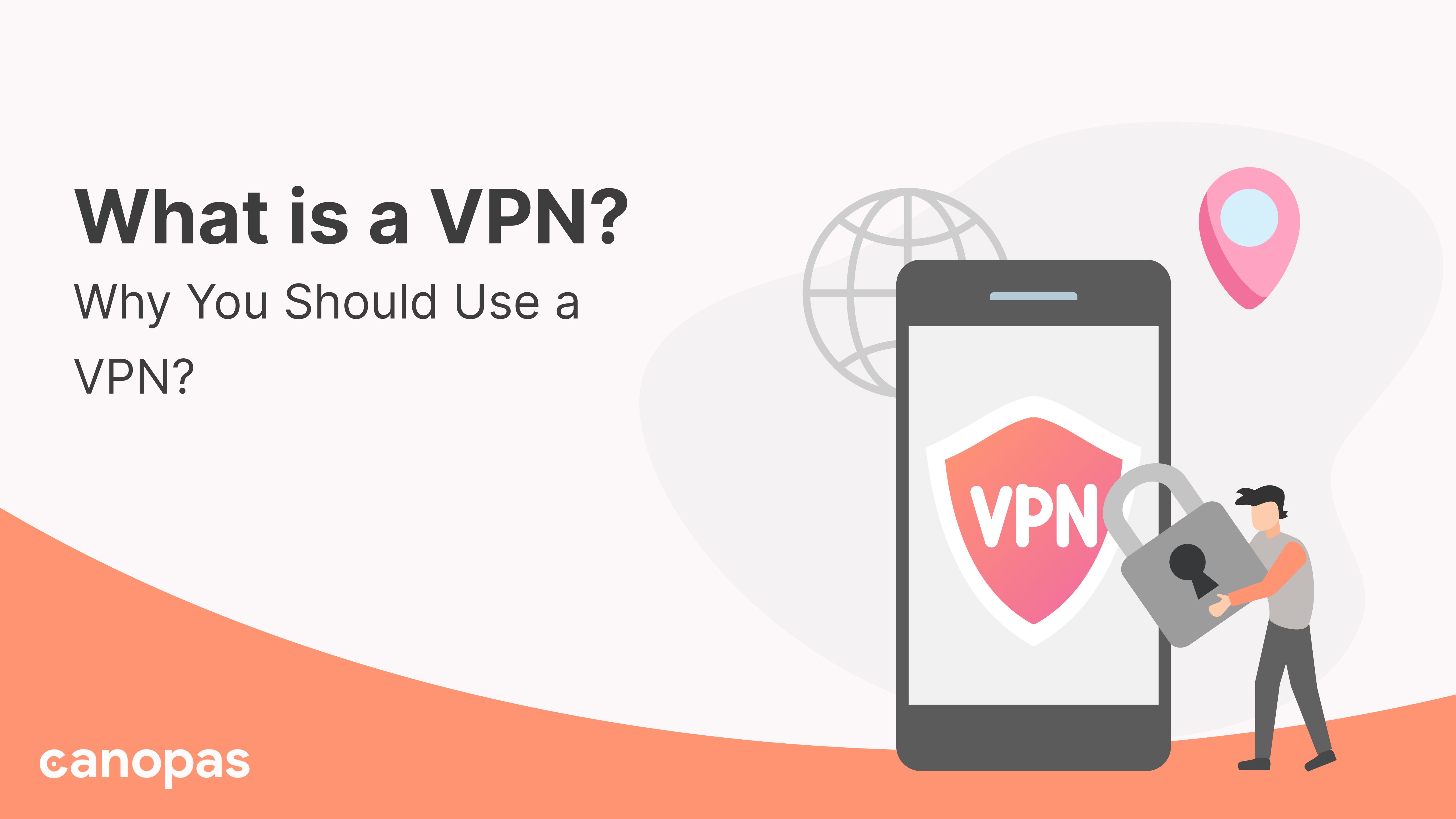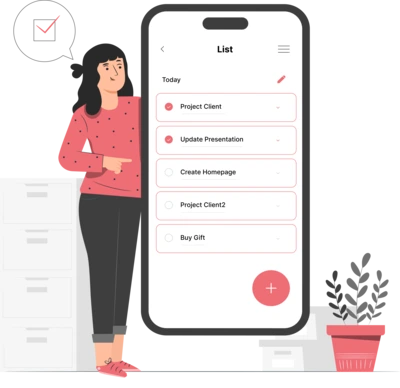
What is a VPN? Why You Should Use a VPN?
Introduction
I have been the victim of not using it in the past, do you want to make the same mistake?
VPN stands for Virtual Private Network.
You might have heard this term so many times, but what is a VPN? How does it work? and what is it used for?
Let’s understand VPN. From this article, you will have a general idea about Virtual Private Networks.
Originally VPNs were just a way to connect business networks securely with each other over the internet or it allowed to access those networks from home.
These days VPNs are very popular, they can not only be used in business networks but also can be used to access region-restricted websites, protect your browsing activity from prying eyes on the network, and more.
If the business grows in one organization, it might expand to multiple shops or offices across the country and around the world. To keep things running efficiently, the people working in those locations need a fast, secure and reliable way to share information across computer networks.
Traveling employees like salespeople need an equally secure and reliable way to connect to their business’s computer network from remote locations.
What you search for, where are you going, anything is available to your ISP(Internet service provider). So you want to protect your internet traffic and minimize your online footprint.
These all are possible with a VPN.
Sponsored
We are what we repeatedly do. Excellence, then, is not an act, but a habit. Try out Justly and start building your habits today!
What is a VPN?
A Virtual Private Network(VPN) is a form of technology that allows you to access the internet privately, away from the spying of your Internet Service Provider, the government, and hackers.
It is an extra layer of security that routes your connection directly to the web, meaning no one else can steal your private or sensitive data.
A VPN provides privacy to your online activity, by encrypting your data by stopping exposing your private searches, passwords, and other sensitive information to others.
VPN also enables its users to pretend that they are in another country, which means users can access region-restricted websites or applications.
A VPN’s purpose is to provide a secure and reliable private connection between computer networks over public networks.
How Does it Work?
It’s helpful to know how a VPN works to understand its services better. Here’s what’s going on behind the scenes:
- When you connect to a VPN service, It hides your IP address by letting the network redirect it through a specially configured remote server run by a VPN host.
- Now if you surf online with a VPN, the VPN server becomes the source of your data. And your Internet Service Provider (ISP) and other third parties cannot see your activities.
- A VPN works like a filter that encrypts all your data by applying its encryption protocol. So that no one can steal your data.
Types Of VPN
Based on their use as remotely and across geographic regions, VPNs have two types as follows :
1. Remote Access VPN
As the name suggests, in this network users can access VPN for personal use. For that reason, it is most popular nowadays.
Remote access VPNs connect the user to a secure remote server to access a private network. The added encryption ensures that security isn’t compromised.
It is useful for both home users and business users.
Suppose an employee of a company is out of the station, they can use a VPN to connect to their company’s private network, and remotely access resources on the private network.
2. Site-to-Site VPN
The main goal of this is to provide multiple users in various fixed locations with the ability to access each other’s resources.
It is also called a Router-to-Router VPN and is commonly used in large companies.
Companies or organizations, with branch offices in different locations, use a Site-to-site VPN to connect the network of one office location to the network at another office location.
This VPN has another two types :
- Intranet-based VPN: When several offices of the same company are connected using a Site-to-Site VPN type, it is called an Intranet-based VPN.
- Extranet-based VPN: When companies use a Site-to-site VPN type to connect to the office of another company, it is called an extranet-based VPN.
Benefits
The VPN was established by Microsoft in the ’90s to allow employees to remotely connect to the office system with a secure connection. As of now, it is used worldwide its benefits are as follows,
- Extended connection across multiple geographic locations without using leased(physical) lines.
- Unencrypted data can be viewed by anyone who has network access and wants to see it. With a VPN, hackers and cybercriminals can’t decipher this data.
- Improved security for exchanging private data.
- Flexibility for remote offices and employees to use the business intranet over an existing internet connection as if they’re directly connected to the network
- Improved productivity of remote employees.
Features
The users of VPN should demand the following essential VPN features :
- Security — The VPN should protect data while it’s transmitting on the public network. If anyone attempts to capture the data, they should be unable to read or use it.
- Reliability — Employees and remote offices should be able to connect to the VPN with no trouble at any time, and the VPN should provide the same quality of connection for each user even when it is handling its maximum number of simultaneous connections.
- Scalability — As a business grows, it should be able to extend its VPN services to handle that growth without replacing the VPN technology altogether.
Though VPN is very suitable for providing security over public networks, it has several risks and problems.
- Sharing credentials with co-workers, or reusing weak passwords from personal accounts that are easily exploited. With those practices, VPNs can’t create or enforce policies that protect your credentials.
- VPN software increases security over an unencrypted connection, but connection speeds and application performance can decrease due to several factors such as the time needed to pass data to the VPN server and then the actual source instead of passing data to the source directly in case of regular usage. This results in long lag times, which impacts your workforce’s productivity and service quality.
- VPNs typically provide little audit records, so you can’t monitor and record the actions of every third-party vendor using the VPN.
- Hackers often use VPNs to gain access to networks. If your business has many third-party vendors, and each vendor has full access to your network, a hacker now has multiple potential routes to break into and exploit your network using VPN traffic.
So go ahead, let’s give it a try to use VPN and experience how it works.
Final Thoughts
We’re Grateful to have you with us on this journey!
Suggestions and feedback are more than welcome!
Please reach us at Canopas Twitter handle @canopassoftware with your content or feedback. Your input enriches our content and fuels our motivation to create more valuable and informative articles for you.
Related Similar Articles



Whether you need...
- *High-performing mobile apps
- *Bulletproof cloud solutions
- *Custom solutions for your business.